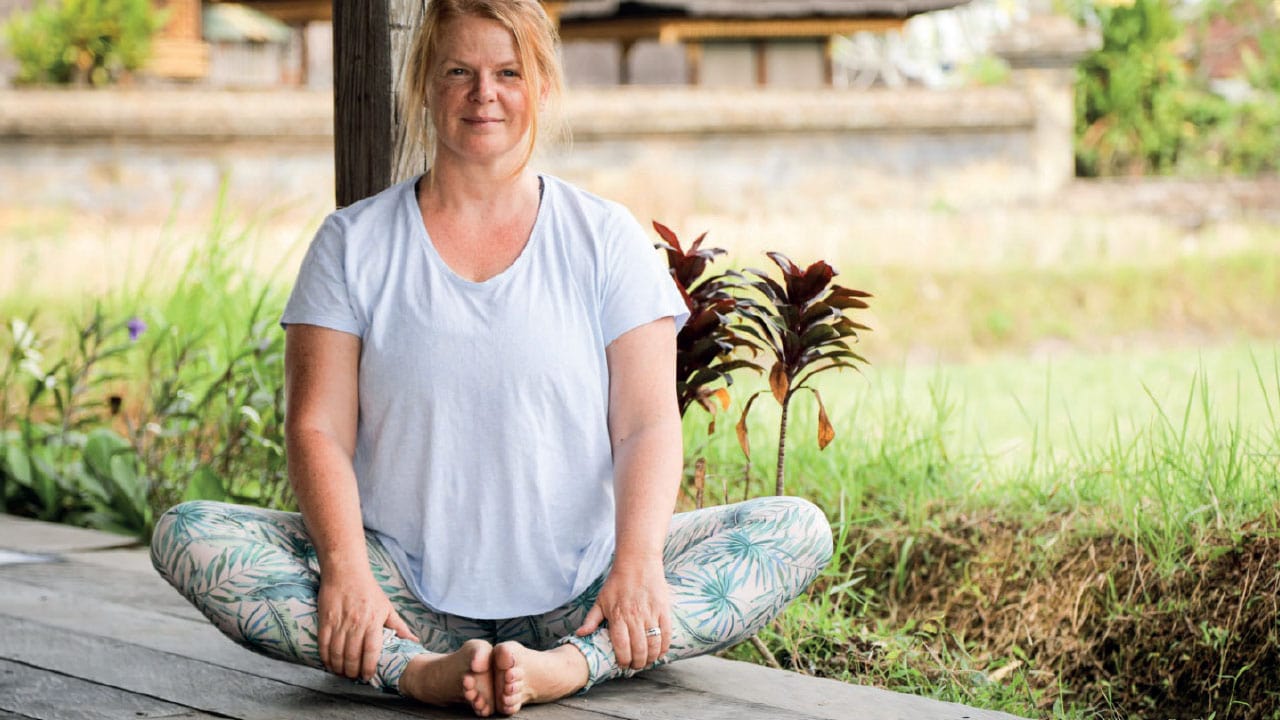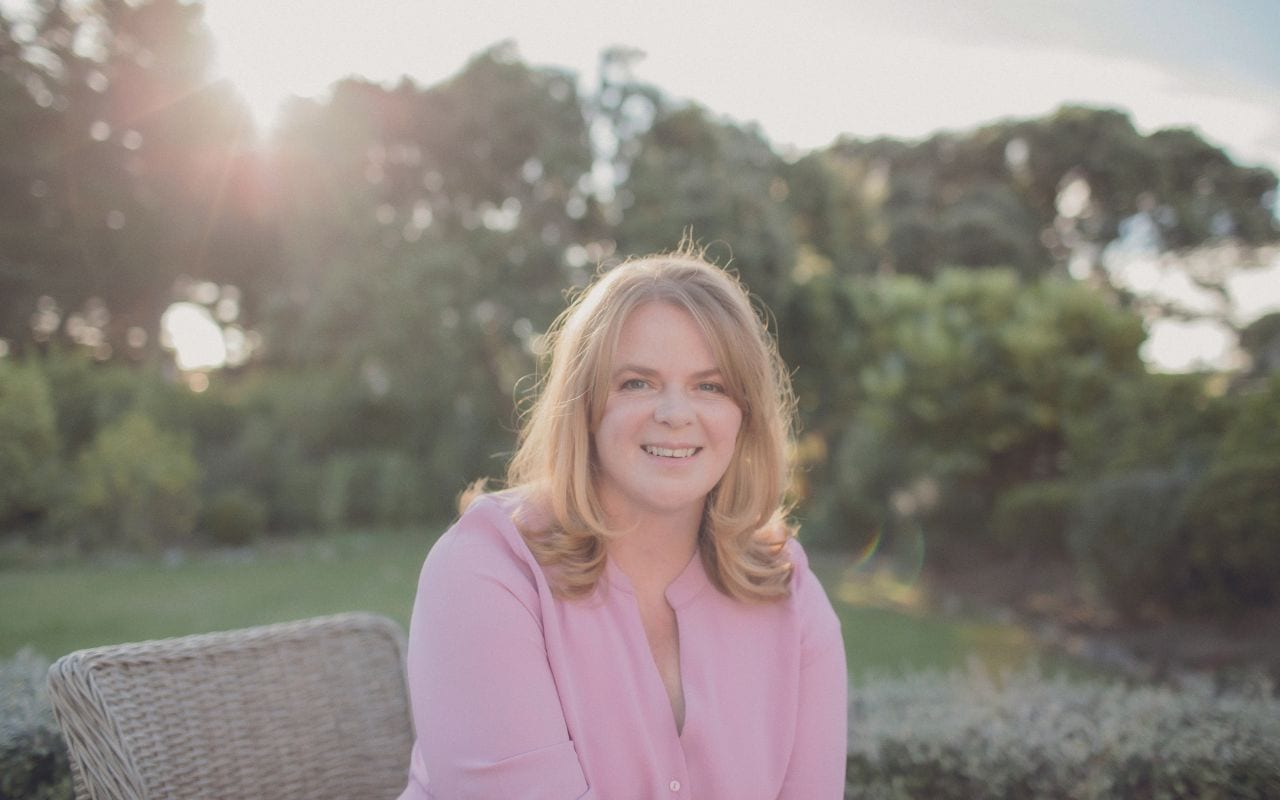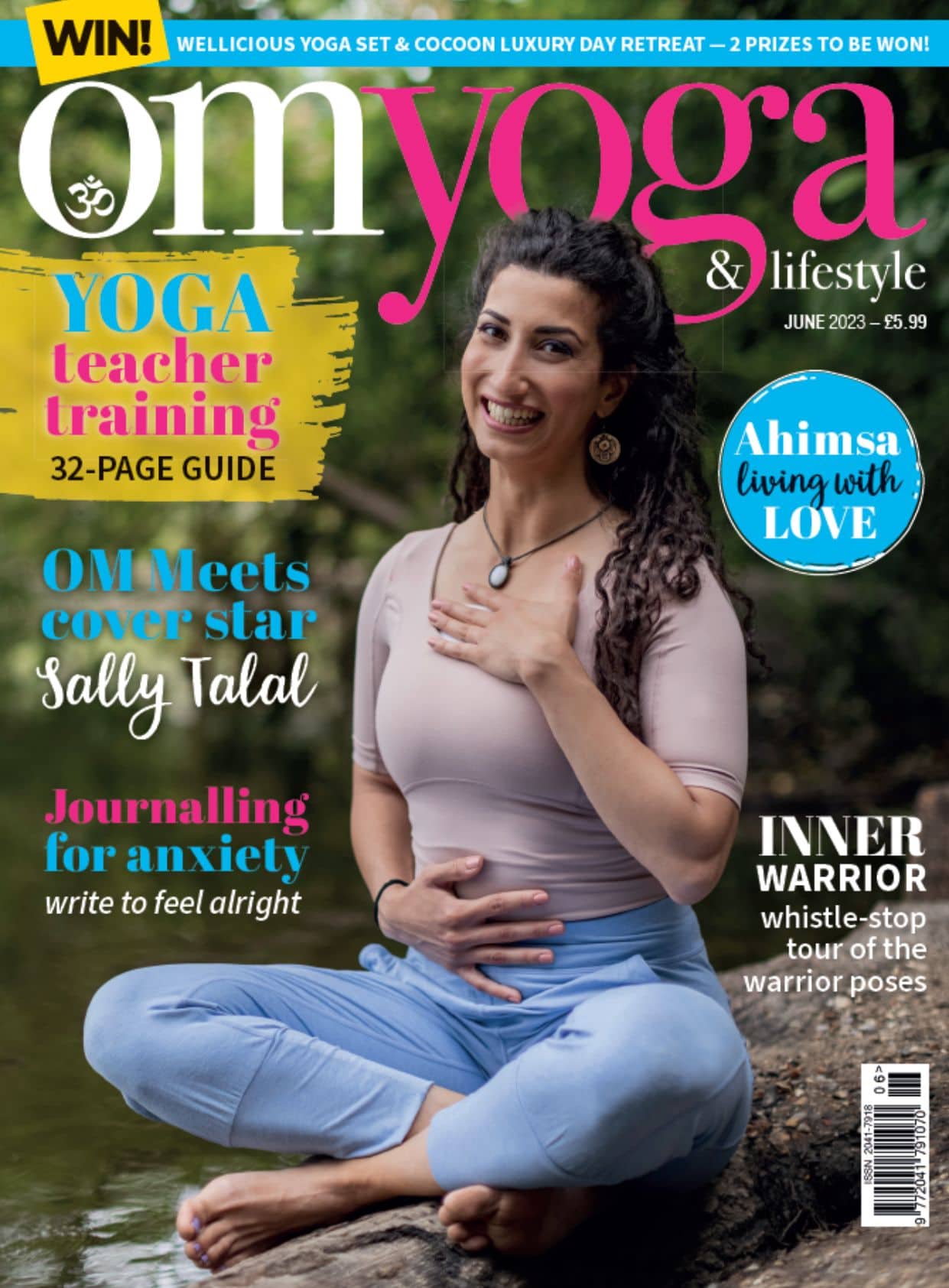
Making yoga a part of your life
Integrating your teacher training learnings into your way of life. By Georgina Yadav
If we look at the ancient yogic texts, yoga has very little to do with physical postures. It is a way of life that aims to create a union between your body, mind, and spirit. It is a system that can be practiced every day off the mat, which can free us from the everyday afflictions of our mind, ego, and physical body.
It is a lifelong journey of self-inquiry to get closer to the truth of who we really are, free from all the layers that we have built up around us. Yoga is about who we are in the world, how we show up in our relationships, and how we deal with life's challenges. It's a willingness to look at the darker, inner aspects of ourselves and put in the work to shed decades of conditioning, limiting beliefs, and often emotional trauma.
It is not always pretty or easy. It can be hard, draining, emotional, and difficult to examinee the less attractive sides of ourselves and to do this inner shadow work. But if you adopt the teachings into your life, you can experience true transformation beyond the mat.
Stepping onto your mat each day is a great place to start, as are practices such as meditation, mindfulness, pranayama and yin yoga to maintain your centre and calm when circumstances around you may be stressful and challenging. But being willing to learn more about yourself in your everyday interactions with others and taking self-responsibility for your actions, reactions, prejudices, and expectations is where the magic of yoga occurs.
A starting point for how to take learnings from a yoga teacher training into your way of life is through the Yamas and Niyamas. They form the foundation of what it means to make yoga a way of life and guide us in how we treat and relate to other people and how we take care of ourselves. They can be seen as a moral code, or 'right' way of living, that provides a framework for our spiritual development.
The Yamas
Ahimsa: non-harming, non-violence. This applies to our words, thoughts, and actions towards ourselves and others including animals.
Satya: truthfulness. Not just in what we say or think but in realising that our opinion may not be true to others which can be difficult for us to accept.
Asteya: non-stealing. This doesn't just relate to possessions but can be ideas, teachings, energy, or time. Give more than what you take.
Brahmacharya: right use of energy. Many people assume this means you have to be celibate but it's also how you choose to use your energy. Be more mindful about how you spend your time – what you watch, who you spend time with, and how you can reduce stress.
Aparigraha: non-possessiveness, non-greed. Ask yourself: do I actually need this or is it a desire?

The Niyamas
Saucha: purity of body and mind. Looking after our physical body and keeping our thoughts uncluttered to maintain a sense of calm and ease. Learning not to be driven by emotions.
Santosha: contentment. You don't need to be perfect, nor does your life. Accept the present moment rather than living in the past or future, and not wish for circumstances or people to be different to what they are.
Tapas: self-discipline. Committing to ourselves, our practices, and our path even when it becomes challenging.
Svadhyaya: self-study, inner exploration. Being willing to look at ourselves, our thought patterns, behaviours, judgements, and actions.
Ishvara Pranidhana: surrender to a divine presence. Surrender to the idea that everything is for our higher good. An ability to tune in to our own divine wisdom and guidance (intuition) and allow that to guide us in our decisions.
Leaving a yoga class with a post-yoga high can be instantly gratifying which is why many practitioners are drawn to it. But practicing the Yamas and Niyamas in your daily life will bring lasting and deep change. They will help you shine a light of awareness on parts of yourself that you may have not wanted to acknowledge previously. They will lead to increased self-awareness, healthier relationships, and a deeper sense of calm and gratitude in your life.
Georgina Yadav is the founder of Inner Yoga Training, @inneryogatraining




